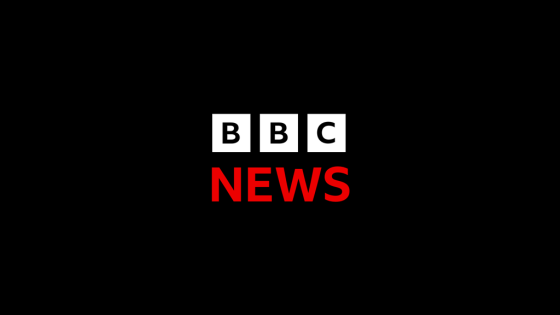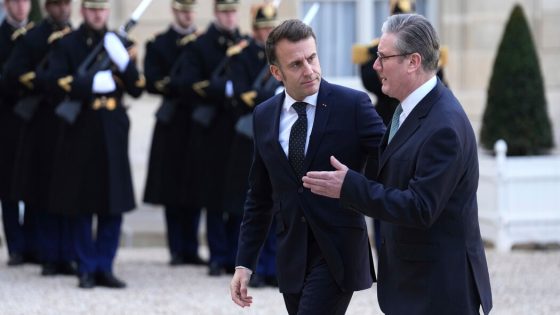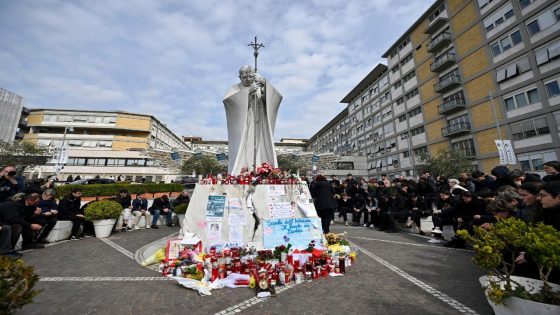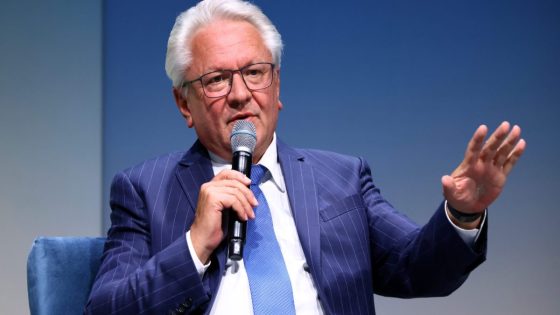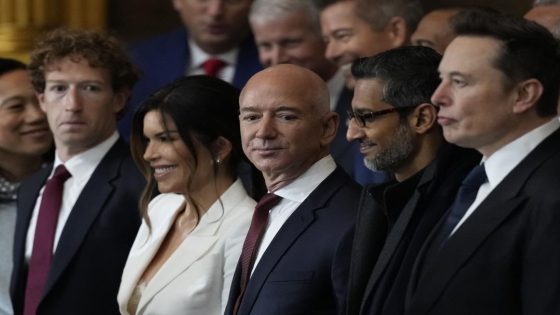On February 13, 2025, former U.S. President Donald Trump and Russian President Vladimir Putin engaged in a phone call that raised concerns for Ukraine and NATO. The discussion highlighted Trump’s focus on domestic issues and his perception that European nations should take greater responsibility for their defense, particularly regarding Ukraine.
- Trump and Putin have a personal rapport.
- Trump's priorities focus on domestic issues.
- Ukraine's defense is viewed as Europe's responsibility.
- NATO spending demands exceed European capabilities.
- US questions burden on American taxpayers.
- Recent developments are a setback for Ukraine.
During the call, Trump reiterated his longstanding view that European nations need to invest more in their defense, stating, “Ukraine is your problem, this is Europe, you sort it out.” This stance aligns with his previous administration’s approach, which often prioritized U.S. interests over European security concerns. Trump’s focus remains on issues like trade and immigration, leaving little room for European matters in his agenda.
Key points from the discussion include:
- Trump’s call for NATO members to increase defense spending to 5% of GDP.
- Current NATO spending by major European countries, such as Spain and Italy, is below the 2% guideline.
- The U.S. taxpayer’s burden in supporting NATO was emphasized, questioning why they should shoulder costs that European nations are unwilling to cover.
This conversation serves as a reminder of the complexities in U.S.-Russia relations and the implications for European security. Trump’s previous comments during his presidency about preferring Putin’s views over U.S. intelligence have led to skepticism regarding his commitment to NATO’s collective defense. The outcome of this call may signal a colder diplomatic climate for Ukraine and NATO as they navigate their security strategies moving forward.
The phone call between Trump and Putin underscores a potential shift in U.S. foreign policy, emphasizing a reduced focus on European security. As NATO grapples with these developments, the implications for Ukraine’s defense and broader geopolitical stability remain significant.



